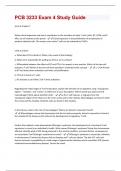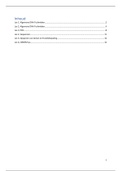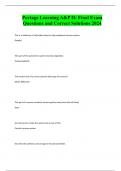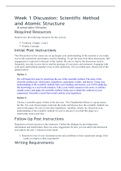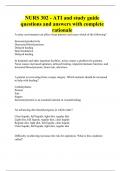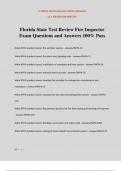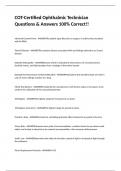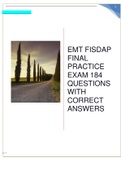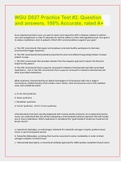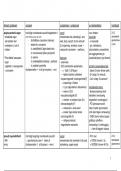Tentamen (uitwerkingen)
PCB 3233 Exam 4 Study Guide Questions And Answers With 100% Correct Answers
- Vak
- Instelling
start of chapter 7 Define clonal expansion and how it contributes to the activation of naïve T cells. (Hint: B7, CD28, and PAPCs are all involved at this point) - Clonal expansion is the proliferation of lymphocytes to produce identical cells. This means more naïve T cells can be activated by P...
[Meer zien]
